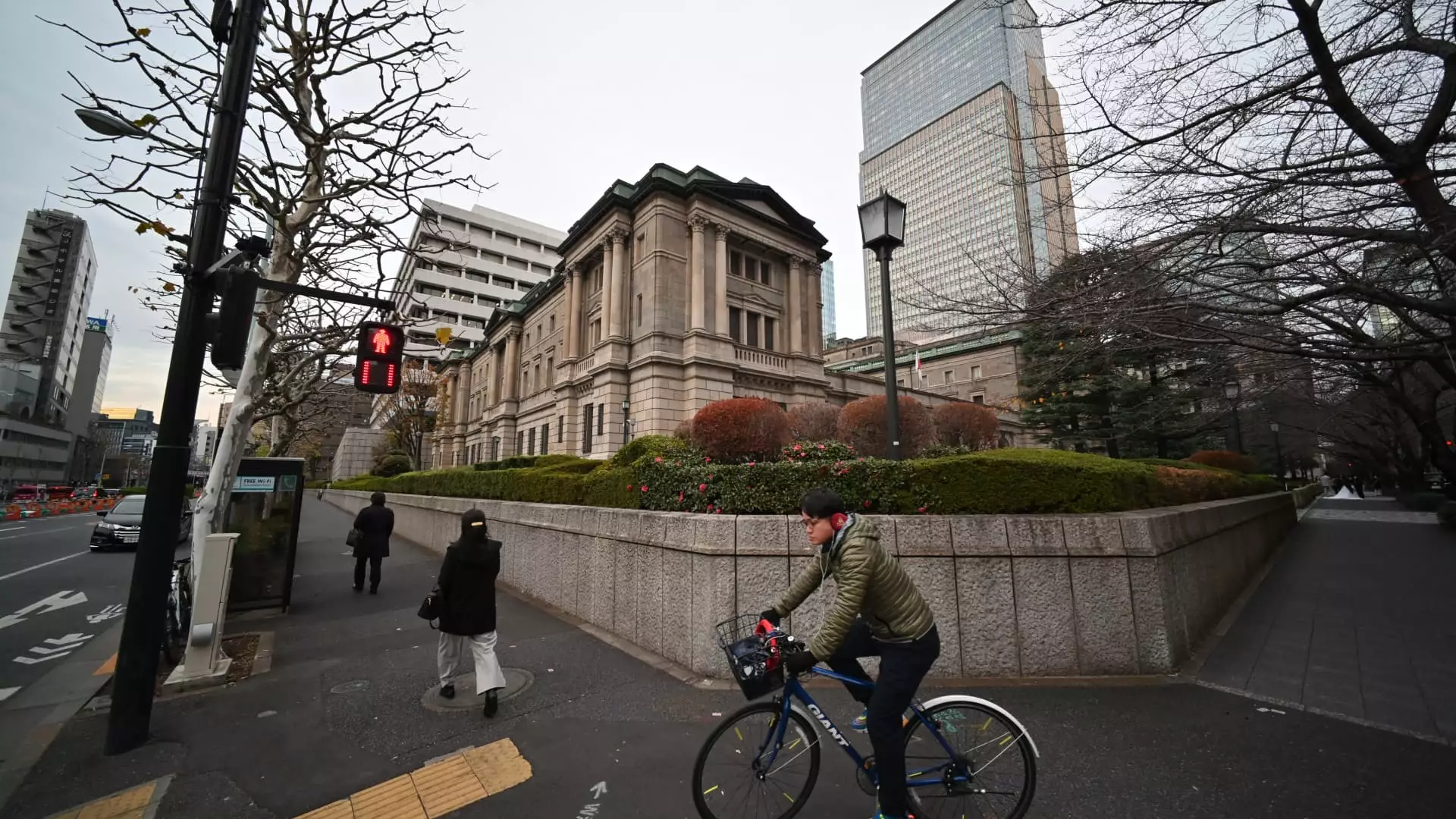Japan’s central bank recently announced an increase in its benchmark interest rate to “around 0.25%,” marking the highest rates since 2008. Furthermore, the Bank of Japan outlined its plan to taper its bond buying program as part of its efforts to adjust monetary policy in line with economic conditions.
The central bank forecasts that the core inflation rate, excluding prices of fresh food, will reach 2.5% by the end of the 2024 fiscal year. Additionally, they expect inflation to remain around 2% for the 2025 and 2026 fiscal years. Despite the rate hike, the Bank of Japan emphasized that real interest rates are expected to remain “significantly negative,” and that accommodative financial conditions will continue to support economic activity.
As part of their plan to taper bond purchases, the Bank of Japan announced a reduction in the monthly outright purchases of Japanese government bonds to about 3 trillion yen per month in the January to March 2026 quarter. This marks a significant decrease from the approximately 6 trillion yen per month in JGB purchases as of the last report. The central bank plans to decrease the total JGB holdings by around 7% to 8% by the 2026 fiscal year, from the current level of 579 trillion yen.
While the Bank of Japan laid out a clear reduction plan for bond purchases, they also emphasized their flexibility in adjusting the strategy as needed. The central bank stated that they will conduct an interim assessment of the plan at the June 2025 meeting and are prepared to make nimble responses, such as increasing the amount of JGB purchases, if necessary.
Following the central bank’s decision, there was a positive response in the market, with both the Nikkei 225 and the Topix index recording gains. The Japanese yen also saw a marginal strengthening to 152.72. In its statement, the BOJ noted that Japan’s economic activity and prices have been in line with their expectations. They highlighted the increase in wages across both large and small firms, with the Japanese Trade Union Confederation reporting the largest wage hike in 33 years.
Despite the positive economic developments, the Bank of Japan slightly adjusted its GDP growth forecast for the 2024 fiscal year to a range of 0.5%-0.7%, down from the previous forecast. This revision was attributed to downward adjustments in the 2023 GDP figures. However, both GDP and inflation expectations for the 2025 and 2026 fiscal years remained relatively stable.
The Bank of Japan’s decision to raise interest rates and adjust its bond buying program reflects its efforts to navigate the evolving economic landscape. While the central bank remains committed to supporting economic activity, they are also mindful of the need to adapt their policies in response to changing conditions. The flexibility and forward-thinking approach outlined by the Bank of Japan suggest a nuanced strategy aimed at maintaining stability and promoting growth in the Japanese economy.


Leave a Reply